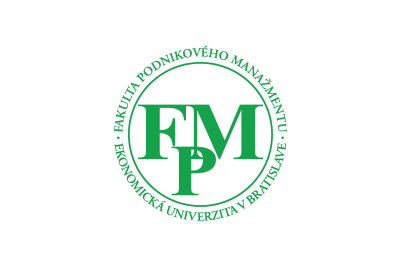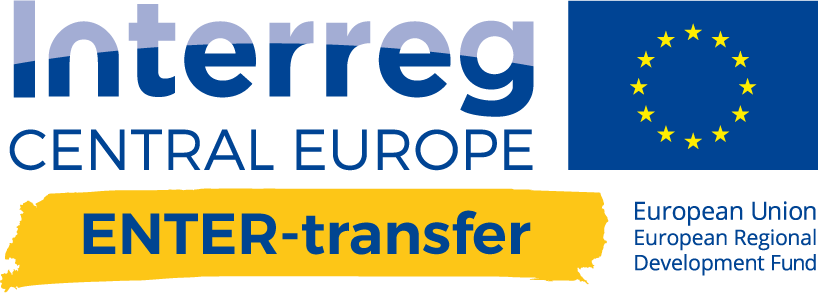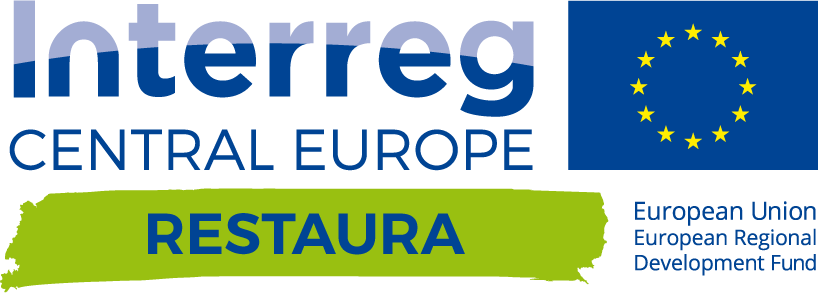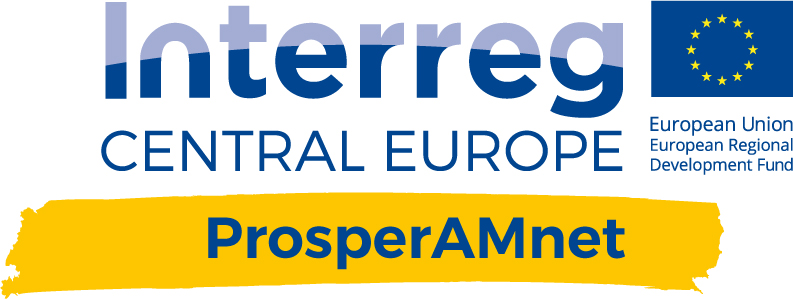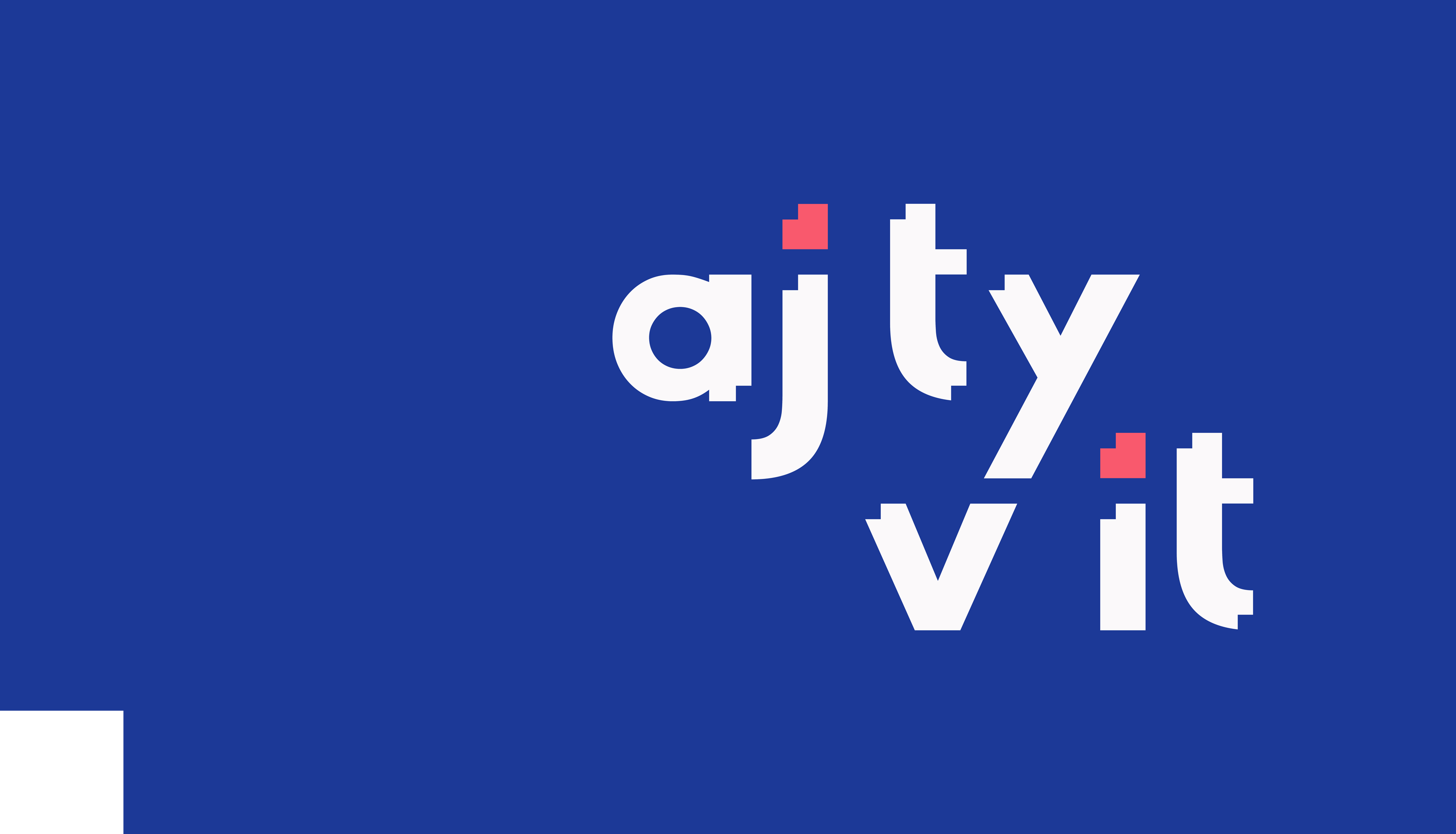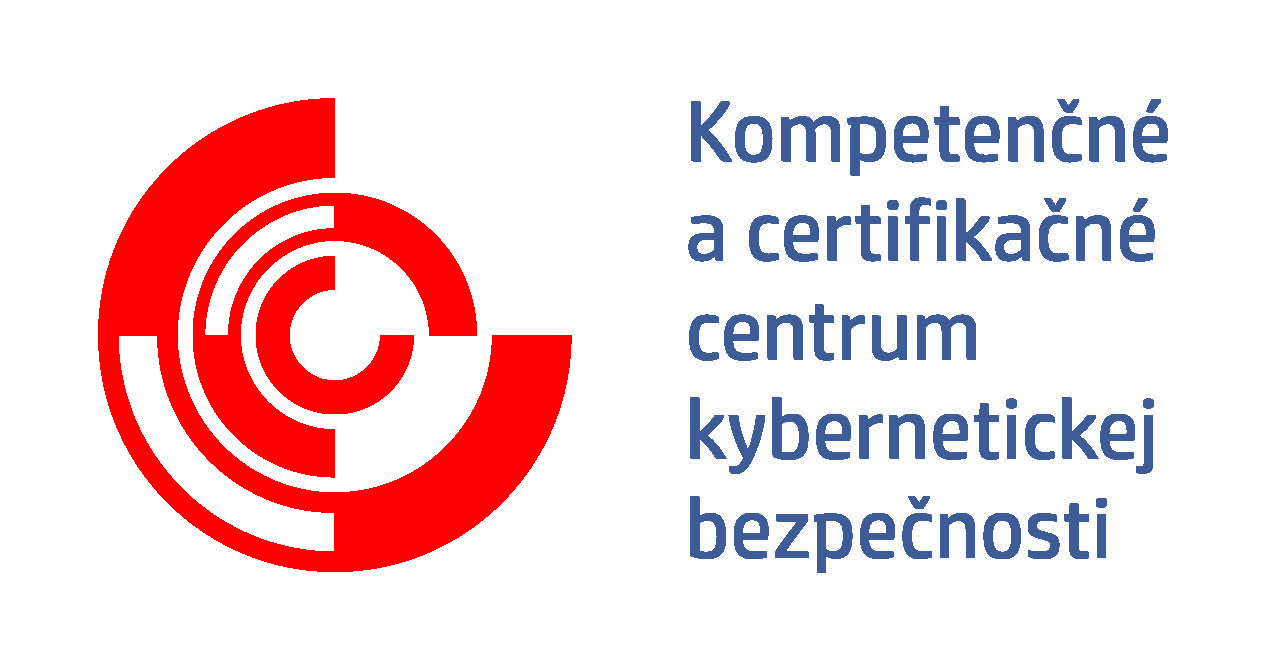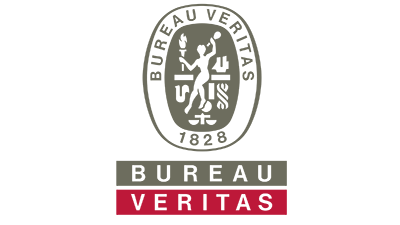The state examinations at the Faculty of Business Management will be held on the dates and within the exact time schedule:
01. 06. - 05. 06. 2026
Always from 8:45 a.m. to 3:00 p.m. depending on the number of students in the board. Students are scheduled for the state exams on the exact time schedule.
The schedules for the individual days of the state examinations will be published: 25/05/2026.
State examination question outlines for the program of study:
# Conditions for completion of the academic year and enrolment in the state examination and defence of the final thesis:
1. The student is REQUIRED to register for the state exam via AIS2 by 22 of May 2026.
2. We kindly request students to register for the state examination in AISe only after fulfilling all the requirements and recording all assessments in AIS2 for the second stage of study.
3. After this date, the system will be closed and logging in will no longer be possible!
The resit state examinations will take place on the following date: 25. 08. 2026.
The planned date for graduation ceremonies is June 25-26, 2026.
According to the Higher Education Act, the thesis is part of the university studies according to each study programme. Its defence belongs to the state examinations and is one of the conditions for the proper completion of studies. The final thesis is an independent work of the student.
Internal Directive No. 1/2024 Final, rigorous and habilitation theses
Title page of the thesis:
Application form for AK 2026/2027
The applicant for studies in a second-level study programme submits his/her application electronically, solely via EUBA's Academic Information System.
Deadlines for filing applications for second-level study programmes:
- conducted in English: from 15 November 2025 to 28 February 2026,
- conducted in Slovak: from 15 November 2025 to 30 April 2026.
The admission procedure fee for second-level studies in a study programme conducted in the Slovak language is EUR 40. The fee must be paid by 30 April 2026.
The admission procedure fee for the second-level study programme General Management conducted in English is EUR 90. The fee must be paid by 28 February 2026,
The fee is generated automatically after the application is submitted.
In case of interest in studying study programmes of several faculties of the University of Economics in Bratislava, each applicant must submit a separate application form for each of these faculties and pay the fee in the amount indicated for each of these faculties. In the case of interest in study programmes in Slovak and in English, the applicant must submit separate applications and pay the specified fees for both study programmes.
In the academic year 2026/2027, the Faculty of Business Management is opening the following study programmes with minor study specialisations:
- General Management in English - full-time form
- General Business Management in English.
- General Management in Slovak language - full-time form
- Business management,
- Personnel management,
- Financial management,
- Information management.
- Business Economics in Slovak language - full-time form
- Managerial economics,
- Logistics management.
- Economics and management in energy in Slovak language - full-time form
- Management in nuclear in English - full-time form (for more information FEI STU)
Applicants enter the study programme, not the minor field of study, in the online application form. Once admitted to the study programme, the applicant will be emailed an electronic form for selecting a minor field of study.
To apply, click on E-prihlaska.euba.sk at
https://e-prihlaska.euba.sk/ais/eprihlas/#!/home#%2Fhome
Entrance examination
The basic condition for admission to the 2nd degree study programme at the FPM is a 1st university degree or a 2nd university degree in any of the study programmes of the field of study economics and management completed on or before 31 August 2024 at the latest.
Entrance examination for the 2nd degree in the following programme of study:
- in English shall take place between 30 March and 02 April 2026,
- in the Slovak language on 4 June 2026.
There will be no alternative date for the entrance examination.
Study programme in general management in English:
- The qualitative selection of applicants will be made on the basis of the study results at Bachelor's level and a personal interview. The personal interview will be conducted online via the MS Teams platform.
- Applicants for studies (with the exception of applicants from the FPM) are obliged to deliver to the Study Department of the FPM, no later than 28 February 2026, a transcript of the results of the first cycle of studies, certified by the Study Department of the faculty at which the applicant is studying the first cycle of studies.
Study programme in the Slovak language:
- The qualitative selection of applicants will be made on the basis of the study results at the Bachelor's degree level. The criterion for admission is the weighted arithmetic average over the entire period of the bachelor's degree, excluding the last (summer) semester of study.
- The applicant for studies (except for applicants from the FPM) is obliged to deliver to the Study Department of the FPM, no later than 30 April 2026, a transcript of the results of the first cycle of studies, confirmed by the Study Department of the faculty at which the applicant is studying the first cycle of studies.
All applicants (with the exception of FPM graduates) must deliver the following to the FPM Study Department no later than 30 April 2026:
- a certified photocopy of the diploma (B.Sc.),
- a certified photocopy of the Diploma Supplement,
- an officially certified photocopy of the state examination certificate,
- a decision on the recognition of the educational document, if the applicant has not submitted it earlier (only applicants who have completed the first cycle of higher education at a foreign university).
Important
Contact the study department
The Faculty of Business Management is one of the faculties of the University of Economics in Bratislava, which provides higher economic education with an orientation on the preparation of managers and economists for the corporate and business sphere.
The faculty conducts admission procedures only for accredited study programmes within the framework of bachelor's studies, engineering studies and doctoral studies.
According to Act No 131/2002 Coll. on Higher Education and on Amendments and Additions to Certain Acts, as amended, higher education studies are 3-level. Level 1 is a bachelor's degree, the standard length of which is three years. Level 2 is an engineering degree, the standard length of which is two years, and level 3 is a doctoral degree. The standard length of a full-time doctoral degree is three years and the standard length of an external doctoral degree is five years. Studies at the University of Economics are organised on the basis of the credit system in accordance with the Decree on the Credit System of Studies.
The second level of the study is completed by a state examination and the defence of the final (diploma) thesis. Its graduate obtains the degree of "Engineer" (abbreviated "Ing."). Candidates who will graduate in 2024 with an engineering degree, or who have graduated in previous years, may enrol in the academic year 2023/2024, after passing the admission interviews, for doctoral studies - the 3rd degree, according to the conditions of the faculty.
Profile of the graduate
A graduate of the study programme "General Management" acquires comprehensive knowledge of management disciplines that decisively create and predetermine him/her for working in management positions across the entire organizational structure of the company. During his/her studies, he/she can develop his/her general knowledge by choosing a minor specialisation, where he/she will expand the necessary knowledge, significantly strengthen his/her competence and acquire skills in the field (sub-specialisations):
- business management,
- personnel management,
- financial management,
- information management.
Significant qualitative progress will be achieved in the area of managerial, financial and information literacy, thus enabling better management of complex economic situations and tasks in the real and online space. Under the influence of developed critical and analytical thinking skills, as well as creativity and inventiveness, the graduate is able to proactively lead scientific and professional teams, organize their work and assist in the search for and implementation of specific project management solutions. The disposition of soft and hard skills enables the graduate to lead professional discussions in management topics, to contribute his/her opinions to public debates and to enrich them with an impartial and unbiased professional perspective. The acquired knowledge qualifies the graduate for employment in the international arena, both as a member of a work team, or as a leader, and as an entrepreneur. The graduate's competence is reflected in his/her higher acceptance in sectors such as banking, insurance, state and public administration where he/she brings entrepreneurial and managerial insights and solutions.
International agreements concluded between the faculty and EM Strasbourg, the University of Economics in Prague, IDRAC University Lyon, allow to complete the studies also at one of the partner universities in the form of a double diploma. The quality of the study programme is reflected in the degree of internationalisation of recognition and in the transfer of credits from study and internship placements. The high compatibility of the study content gives the student the possibility to travel and continue his/her studies at any foreign economic or management university and thus develop his/her competence.
Educational goals
- Acquire advanced knowledge in business management, personnel management, financial management and information management, developing strategic thinking, vision, leadership and the ability to lead subordinates and project teams;
- Advanced ability to work with data and information, based on critical comparison and evaluation, using modern analytical methods based on available information and communication technologies;
- Ability to evaluate and respond appropriately to stimuli from the economic environment; monitor new trends and identify further developments; ensure adherence to ethical principles.
Study program
Study Guide
For more detailed information on study programmes, learning objectives, learning outcomes and important contacts, please refer to the Study Guide.
Partners
